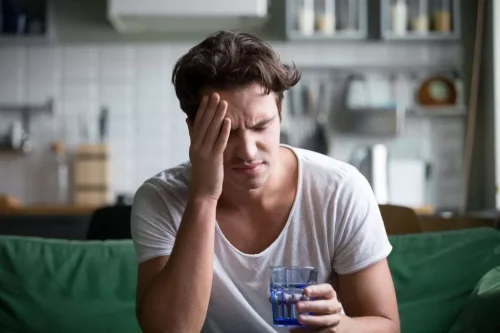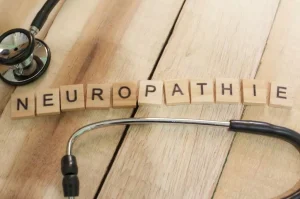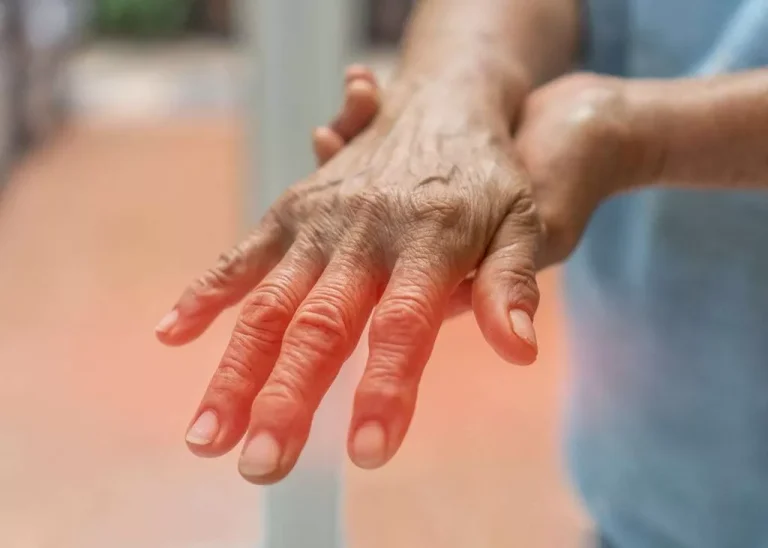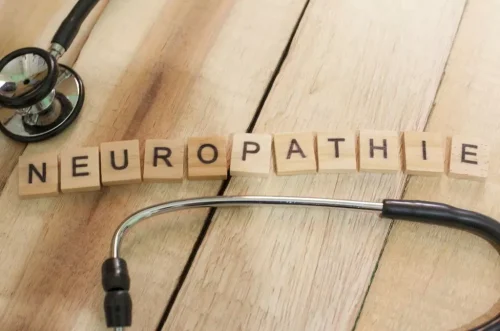
Over time, sleep deprivation can increase the risk of several chronic health conditions. Many people with insomnia may have difficulty falling asleep at night. As a result, they may consume alcohol to speed up falling asleep, but evidence shows this technique does not improve sleep quality. This article reviews the relationship between alcohol and insomnia, including how alcohol can affect sleep quality alongside the risks of poor sleep quality. It also considers ways to manage insomnia and prevent sleep disruption and answers some frequently asked questions. Small amounts of alcohol may cause short-term sleep disturbances, but frequent and large quantities of alcohol consumption may lead to chronic insomnia for certain individuals.
Deceptively Drowsy
Also, research shows that people can develop a tolerance to this boozy method within three nights, causing you to need a larger amount of alcohol to get the same effect. First, alcohol affects everyone differently because of a slew of factors, like age, biological sex, and body composition, just to name a few. If you pass the moderate threshold, though, you’ll get a lot more of that initial non-REM sleep, but significantly reduce the total percentage of REM sleep over the whole night. REM sleep has a restorative effect and plays a role in memory and concentration. Poor or insufficient REM sleep has been linked to not only grogginess the next day, but also a higher risk of disease and early death. Dr. Seema Khosla is the medical director of the North Dakota Center for Sleep and a medical advisor for MedBridge Healthcare.

Treatment & Support
- Alcohol may be consumed in beer, wine, and hard liquors like vodka, rum, gin, and whiskey.
- We spend more time in REM sleep during the second half of the night, when the effects of pre-bed alcohol seem to be at their strongest.
- If you’re having trouble falling or staying asleep, alcohol consumption could be a contributing factor.
- However, as the alcohol’s effects start to wear off, the body spends more time in light sleep, which is not as sound and may lead to more nighttime awakenings.
Even in moderate amounts, alcohol consumed in the hours before bedtime can cost you sleep and leave you feeling tired the next day. Based on data from roughly 160,000 Sleep Foundation profiles, nearly 90% of respondents who regularly consume alcohol in the evening have does alcohol help you sleep reported at least one sleep-related problem. While the sedative effect of alcohol initially might help us fall asleep, as little as one drink too close to bedtime can wreak havoc on both the quality and quantity of your sleep. Alcohol interferes with our sleep stages, especially REM sleep, the restorative part of our sleep cycle. When alcohol finally leaves your bloodstream, you’re often jolted awake as your nervous system, coming off of several hours in a depressed state, tries to achieve homeostasis by lurching into active mode.

When should you stop drinking alcohol to minimize its impact on sleep?

The circadian rhythm is your body’s internal clock, which helps you feel awake during daylight hours and sleepy at night. A crucial part of your circadian rhythm is melatonin production — a natural sleep-inducing hormone. As it gets dark, the pineal gland starts releasing melatonin, so your body can transition more smoothly into sleep. Though alcohol https://ecosoberhouse.com/ can have a sedative effect, it has also been linked to sleep disorders like insomnia. If you’re having trouble falling or staying asleep, alcohol consumption could be a contributing factor.

How do you make sure your Dry January is successful?
- But for many people, having one or two drinks before bed doesn’t necessarily lead to the same headaches, grogginess, or fatigue as a full-on night out.
- Research shows that regular alcohol intake can reduce sleep quality over time, potentially causing issues such as insomnia.
- People suffering from depression may already have disrupted circadian rhythms, and the presence of even moderate amounts of alcohol may push those rhythms further out of sync.
- CBTi reduces symptoms of insomnia among young adults who are actively drinking — even in the absence of direct alcohol intervention.
- However, once the body realizes it’s had too much slow wave sleep, the homeostatic drive compensates by allowing us less deep sleep in the second half of the night.
Information from your device can be used to personalize your ad experience. Peters is a board-certified neurologist and sleep Drug rehabilitation medicine specialist and is a fellow of the American Academy of Sleep Medicine. She has held previous positions at Everyday Health, Women’s Health, and L’Oréal. Christina serves as an ambassador for the nonprofit organization Beyond Celiac and is passionate about raising awareness about celiac disease. When she’s not working, you can find Christina traveling the world in search of the best gluten-free eats and trying out the latest beauty, fitness, and wellness trends.